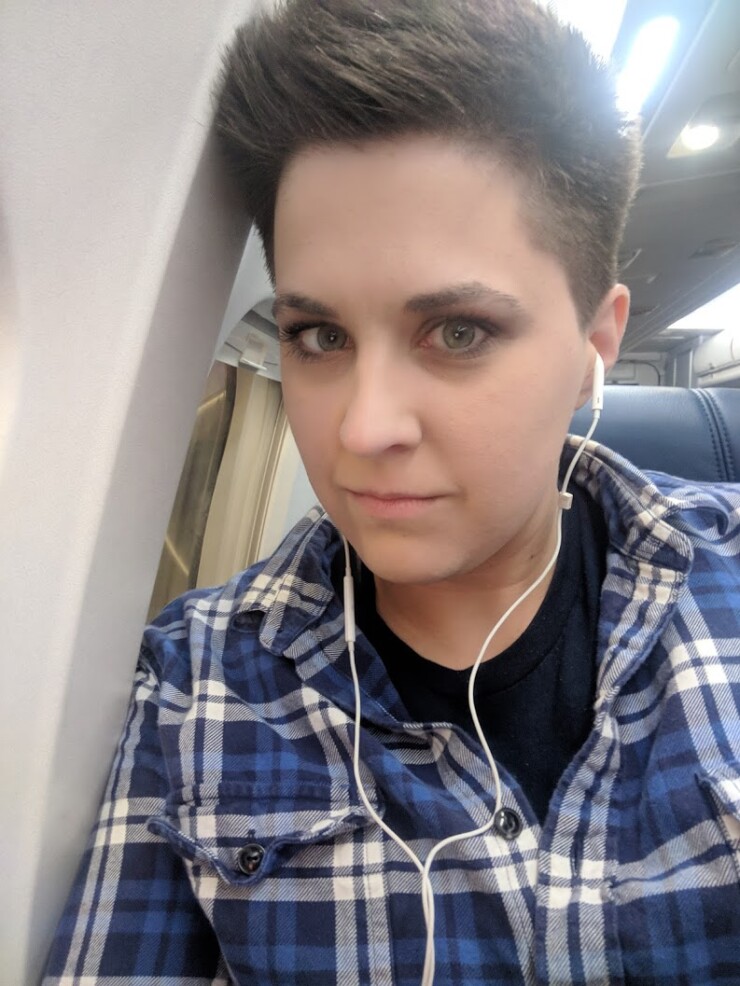Growing up in rural Arkansas, I felt like an outlier. I was inquisitive, politically moderate and — though no one knew it then — a member of the LGBTQ+ community.
Coming out was a difficult process. Tokenism was part of my daily experience. Stress and shame wove themselves into the fabric of my identity when I faced comments about my hairstyle and clothes, was told not to introduce my girlfriend or to repent and change my ways. I felt self-conscious, anxious and depressed. I doubted my identity and my self-worth.
After finishing my MBA, I was driven by my knack for personal finance. I wanted to use my abilities and education to help people like me. Research revealed significant lack of representation of female, Black, Latinx, Asian, and LGBTQ+ planners. I struggled to find role models in the industry who looked like me. I delayed my pursuit out of fear of rejection: I worried I couldn't attract enough clients for a sustainable wealth management and holistic life planning practice.
Despite my doubts, I was drawn to the financial counseling and coaching fields. I became an
After the interview, the firm owner affirmed my qualifications but said he wasn’t sure I would resonate with his clients. The message I heard was loud and clear, “you can’t be a financial planner because you are a masculine-presenting lesbian.

Years later and feeling brave, I applied for a job with a fee-only RIA in Florida. After the interview, the firm owner affirmed my qualifications but said he wasn’t sure I would resonate with his clients. The message I heard was loud and clear: “You can’t be a financial planner because you are a masculine-presenting lesbian.”
I almost said, "to heck with financial planning" — but dusted off the residual rejection and tried again months later and landed a position as a financial coach with an Atlanta-based start-up fintech company called
This job has been a game changer, in part because of SmartPath’s commitment to diversity and inclusion. In addition to growing as a professional, the acceptance I’ve found here has encouraged me to open up about my LGBTQ+ identity and desire for greater industry diversity.
Emboldened by my new job, I gained two amazing mentors: Laura LaTourette, a successful lesbian financial planner and CFP from Georgia, and Elizabeth Jetton, a CFP who heads the
It is crucial for underrepresented voices to receive space and attention. The past year has been filled with opportunity and effective mentorship for me. I’m finally starting to find my place.
We have to continue to seek out marginalized people and give them seats at the table. The impact of diversity initiatives and outreach in the industry can’t be overstated. People often leave behind spaces that make us feel rejected or isolated. But thanks to these efforts, I’m planning on sticking around for a while.






